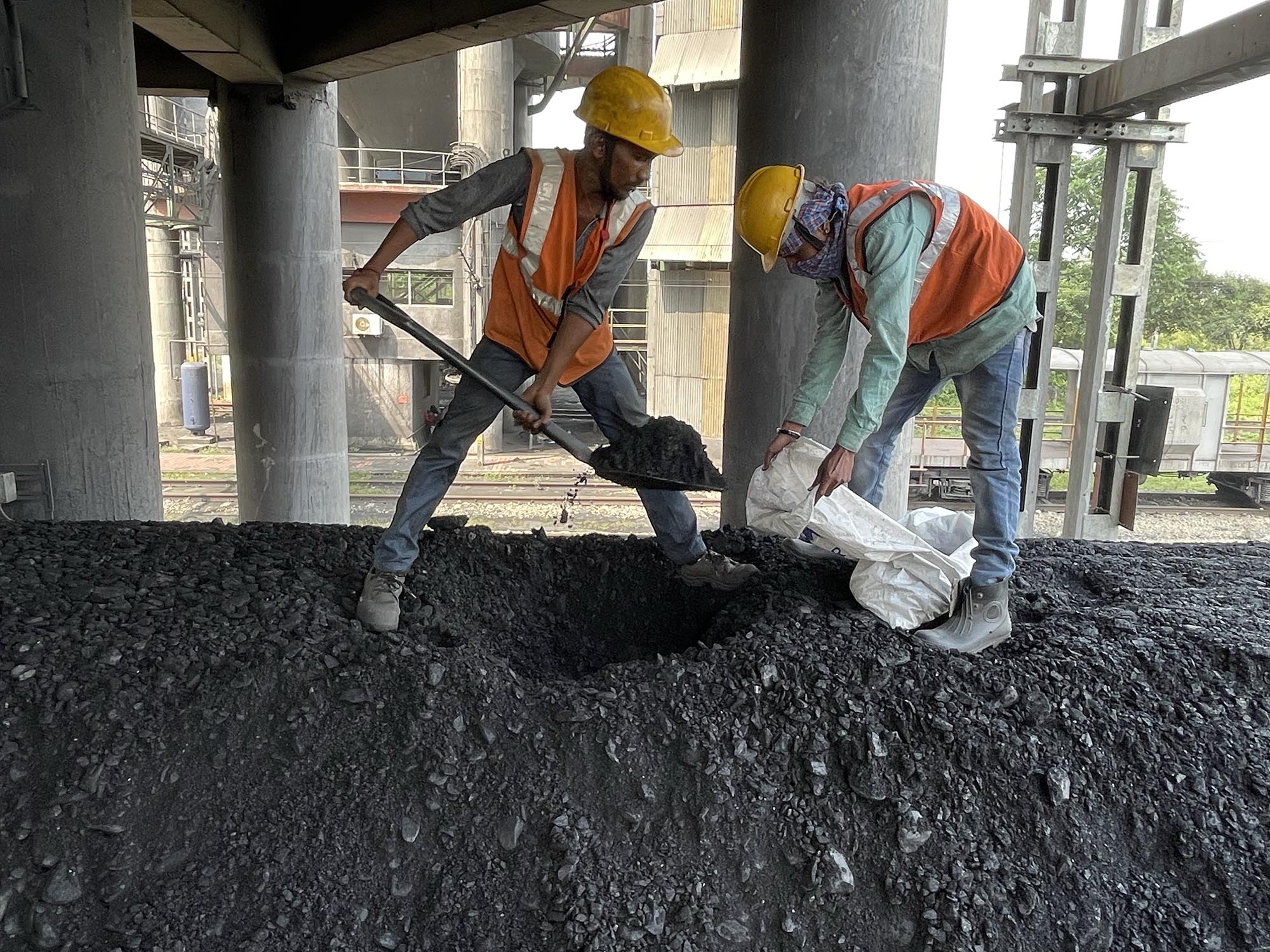
After the announcement to attain net-zero by 2070 and the target to meet 50% of the energy needs from renewable energy sources at the ongoing climate conference- COP 26, Prime Minister Narendra Modi has created a hope about an effective pathway of climate action in the coming years. The pledges will mean massive decarbonization and weaning away from fossil-fuels in the next couple of decades. As India embarks on this change, it also needs to ensure that the transition is not only an energy transition, but is also just and equitable for the local economies, communities and workers in the fossil-fuel regions.
A big component of this just transition for India will be to ensure economic and social support and growth opportunities for the workers and local communities, particularly the youth who will define the country’s workforce and will be the bearers of our development pathway. However, improving workforce participation of youth, and ensuring decent and dignified jobs for them will require planning and investment.
As one travels through India’s fossil-fuel regions, particularly coal mining regions, the glaring presence of young men working as contractual labourers in coal mines or thermal power plants is hard to miss.
In Korba, the biggest coal producing district of India, and a coal and coal-based thermal power hub of Chhattisgarh, the urban landscape is blotted with power plant chimneys, power grids, cooling towers. Right under the nose of the NTPC thermal power plant is Fertilizer basti where possibly every male goes to work in the plant, all on contractual basis.
A 24 year old, holding a college degree, works as a contracted operator; a 27 year old with higher secondary schooling, was a turbine maintainer. As we interact more, we find varied levels of education among the young workers, some graduates and high school pass-outs, but most educated upto elementary school. All of them work as equipment operators of various kinds, forming the hoard of unskilled labour which is trained by the companies for the operational jobs. Irrespective of their education, all of them work on meagre incomes of Rs. 10,000-15,000 a month. The coal mining labour is similar, with poor wages, but also categorically lower levels of education, mostly up to primary school level, some having elementary level of schooling.
All these young labourers had another thing in common – circumstances – where access to education was poor and a local economy so centric to coal that it equalized the local wages and kept them low. The situation has created a surplus in cheap labour and tipped the power equation in favour of contractors, who then can hire and fire as they wish and also keep the wages low. Most of the youth we interacted with said the other best option of work for them was construction labour which was erratic and involved shifting base as per need. The gender angle is also stark, at a time when the merit of women’s participation in the workforce is increasingly stressed.
However, this coal district is no exception. The poor employment options in districts dependent on extractive industries is a common phenomenon. Research shows that extractive economies, with a high natural resource base, are often ironically accompanied by poor development of other resources/sectors, low infrastructure and trade connection investments. These regions hence, remain a mono economy. iFOREST’s prior research in Jharkhand (Ramgarh district) also showed that the development of other sectors in the district was stymied by the coal-centric focus.
If India has to realise its vision for a clean energy transition, inclusive development and the vision of being Atmanirbhar , it must build on the potential of the country’s human resources, particularly the youth. One of the key focuses will have to be diversification of local economies and making adequate and appropriate green jobs available. Simultaneously, it will also have to invest in ensuring a healthy, educated and skilled workforce. All these investments for a new economy should start now.To let this window lapse, will be a huge loss of opportunity.
Diana Ann Joseph
Diana is a Research Associate working on cross-cutting research and advocacy in the Just Transition programme. As a young professional, Diana has been working on strengthening participatory democracy through her ground-level engagement. Click here for more info.
